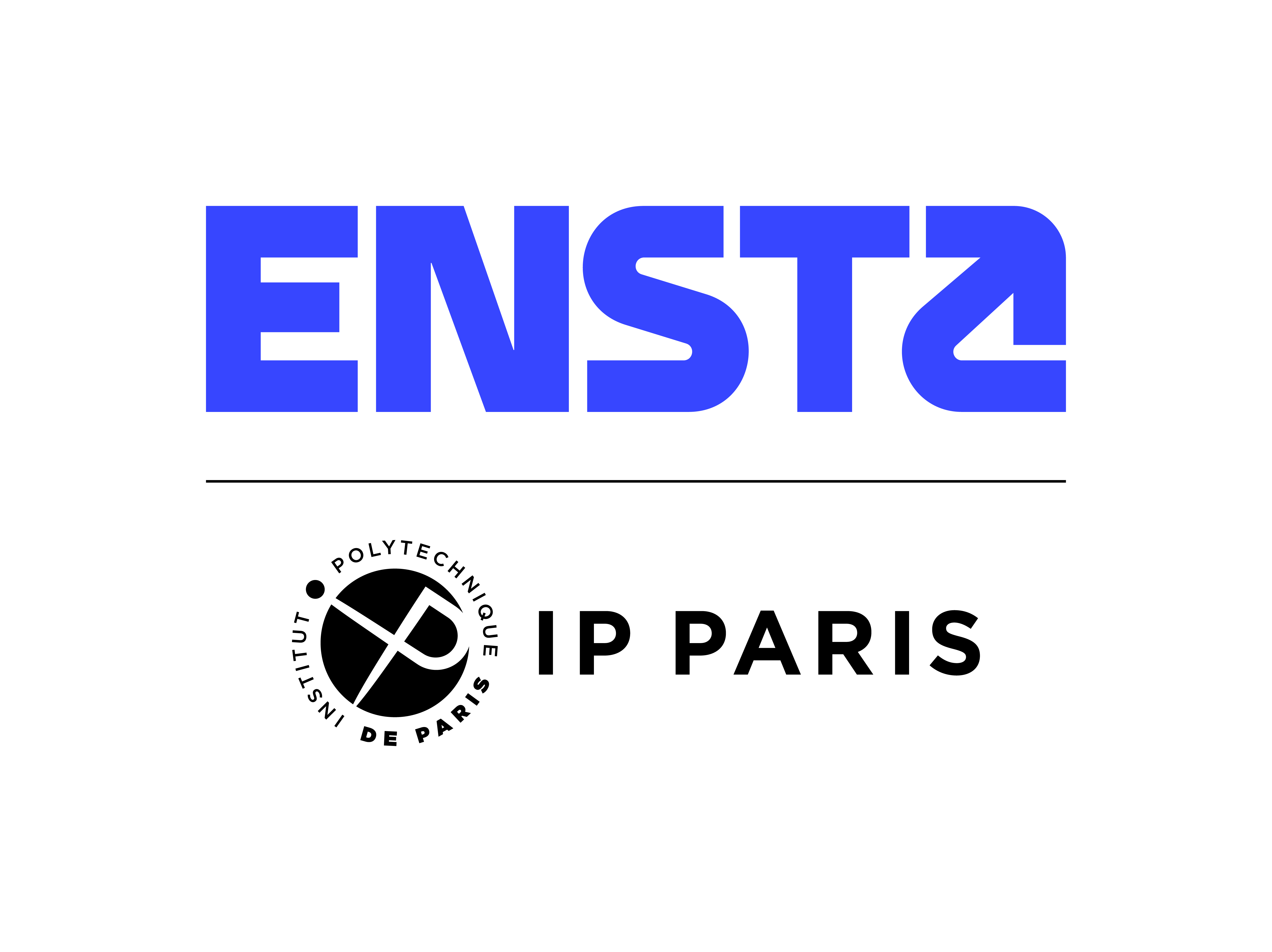Approach 1: Design in marine environments
MAS 101: Marine hydrodynamics: Basics of naval hydrodynamics: float balance and stability. Weight breakdown. Seakeeping: wave model, spectra, forces and dimensioning of the structure. Vessels in operation. Resistance linked to the environment. Maneuverability in calm water and swells. 10 sessions, 35 hours of classes and seminars, 4 ECTS.
MAS 102: System approach and design in maritime engineering: System approach in design, ship loop. Predimensioning, calculation of initial stability and shape plan. Resistance to motion / propulsion, stability, seakeeping, structure. 8 sessions, 28 hours of classes and seminars, 3 ECTS.
MAS 103: Underwater robotics: design and system optimisation: Underwater robotics: key technologies and environmental constraints. Modelling and sizing of an underwater mobile robot. Underwater positioning systems, hull and keel calculations. 6 sessions, 24 hours of classes and seminars, 3 ECTS.
Approach 2: Decision-making autonomy and cybersecurity
MAS201: Robotics: Examples of autonomous marine vehicles and submarines, difficulties inherent in the development environment. Sensors, data fusion and geo-locating. Propulsion systems, models for control. Hierarchical control architectures, servoing (low-level control). Movement planning and decision-making. 7 sessions, 23 hours of classes and seminars, 2 ECTS.
MAS202: decision-making autonomy: Guidance of USV, practice on a particular case, algorithms and implementation, "potential field" type method, USV with specific missions, autonomy limits, communication losses. 6 sessions, 21 hours of classes and seminars, 2 ECTS.
MAS203: location/navigation in maritime environment: Inertial navigation, introduction to Kalman filtering. Principles of underwater acoustic positioning, underwater imagery. Integration of a navigation system, multi-sensor strategies. 5 sessions, 16 hours of classes and seminars, 2 ECTS.
MAS204: cyber-security: Historical context, cybersecurity issues, history of cryptology. Ship and port cybersecurity issues. Analysis of concrete cases: Ships - Propulsion / Steering, Energy; Port - Electric plant, Docks, Cranage. Ship and Port IS architectures, risk analysis, standards, solutions. Legal issues related to maritime law and cyber-security. 10 sessions, 35 hours of classes and seminars, 4 ECTS.
MAS205: Introduction to ROS and Python: Introduction to Python and ROS languages, practical implementation work, ROS mini-project on TurtleBot robot. 6 sessions, 21 hours of classes and seminars, 2 ECTS.
Approach 3: Exploitation of Autonomous maritime systems
MAS301: Maritime environment: Maritime transport activities. Meteorological constraints applied to maritime autonomous systems. Maneuvering capabilities of a maritime system. Application on simulators. Changes in regulatory technical constraints. 8 sessions, 27 hours 30 minutes of classes and seminars, 3 ECTS.
MAS 302: Risk analysis applied to maritime autonomous systems: Risk analysis methods and case studies. 3 sessions, 10 hours 30 minutes of classes and seminars, 1 ECTS.
MAS 303: Exploitation and main characteristics of autonomous systems: Tasks of autonomous maritime systems. Environmental constraints applied to autonomous maritime systems. Choice of engineering, autonomous surface and submarine systems. Use of AUVs in the Oil and Gas sector. Navigation and positioning of AUVs. 11 sessions, 38 hours of classes and seminars, 4 ECTS.
Approach 4: Regulation, strategy and innovation
MAS 401: Regulation: General introduction to maritime law. International Maritime Organisation. Regulation of autonomous maritime systems, shortcomings and work in progress. 10 sessions, 34.5 hours of classes and seminars, 4 ECTS.
MAS402: Industrial organisation applied to the maritime field and autonomous systems: Concepts of industrial economics, competitive structures and strategic behaviours. 6 sessions, 21 hours of classes and seminars, 2 ECTS.
MAS403: Innovation economy applied to the maritime field and autonomous systems: Concepts of the economics of innovation. Identifying knowledge systems and technological innovation structures. Map out technological innovation in the maritime domain and autonomous systems. 6 sessions, 21 hours of classes and seminars, 2 ECTS.

